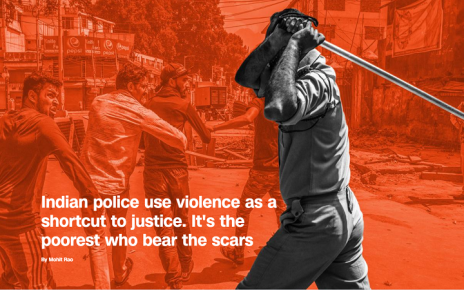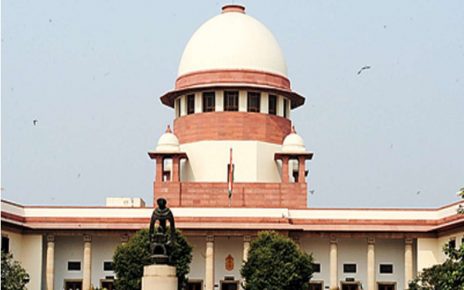The Asian Age
17 October 2019 / MANOJ ANAND
The National Campaign Against Torture (NCAT), a conglomerate of NGOs working to stamp out torture in police custody, on Wednesday alleged that several members of Chakma and Hajong communities are regularly subjected to torture at Diyun police station under Changlang district of Arunachal Pradesh.
Pointing out that Diyun police station has become the torture chamber of state, the coordinator of the NCAT Suhas Chakma said that two custodial deaths of — Pintu Chakma (26) and Diganta Saikia (33) — and alleged mysterious suicide by Rajkumar Chakma in the lock up of the Diyun police station on September 3 this year reflects the discriminatory behaviour of the state police forces against Chakmas and Hajongs.
Pointing out that the Supreme Court has declared the Chakmas and Hajongs as citizens in its judgment on January 6, 1996 and many of the descendants of the migrants are citizens by birth and have been voting as citizens, Mr Chakma regretted that law enforcing agencies have not changed their attitude towards them.
He said, “Chakmas and Hajongs remain vulnerable to torture as it is known to ◗ the law enforcement personnel that neither the state authorities nor the state political leaders shall ever intervene for them.” He referred as to how on September 12 this year, one Lokhi Dhan Chakma went to surrender to the nearest Indian Reserve Battallion outpost at Kokila, Paumpare district after he attacked his brother following a family quarrel. “The IRB personnel instead of the allowing the law to take its own course, tied up Lokhi Dhan Chakma, tortured him in the custody,” said Mr Chakma.
Arunachal Pradesh has just two district jails and most detainees are kept in police lock-ups even after production before the court. According to National Human Rights Commission (NHRC), a total of 19 prisoners died in jails since 2009.
The NCAT called upon Arunachal Pradesh to establish adequate number of prisons and district courts to deal with torture of suspects.




